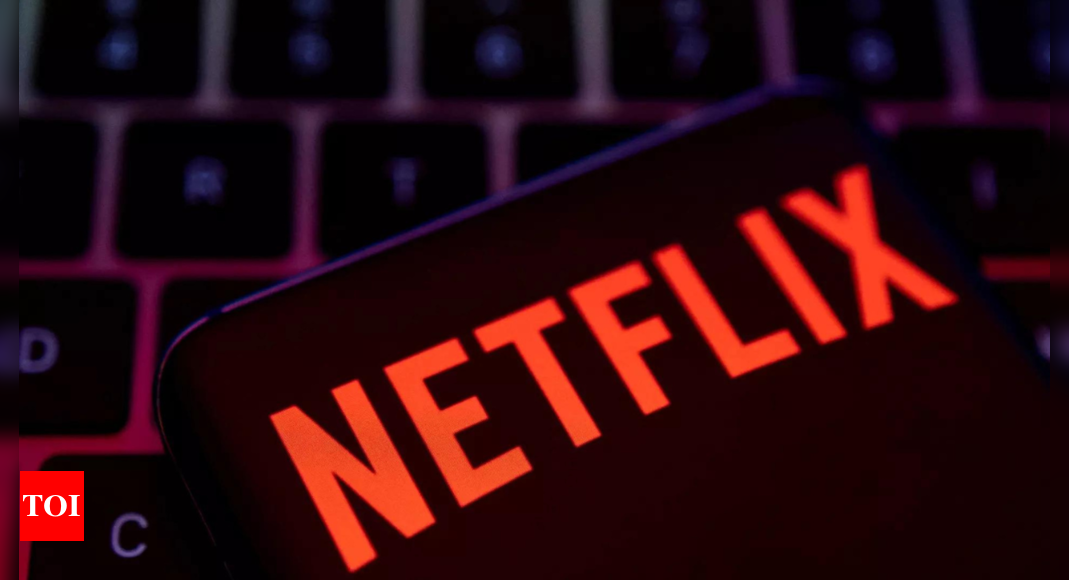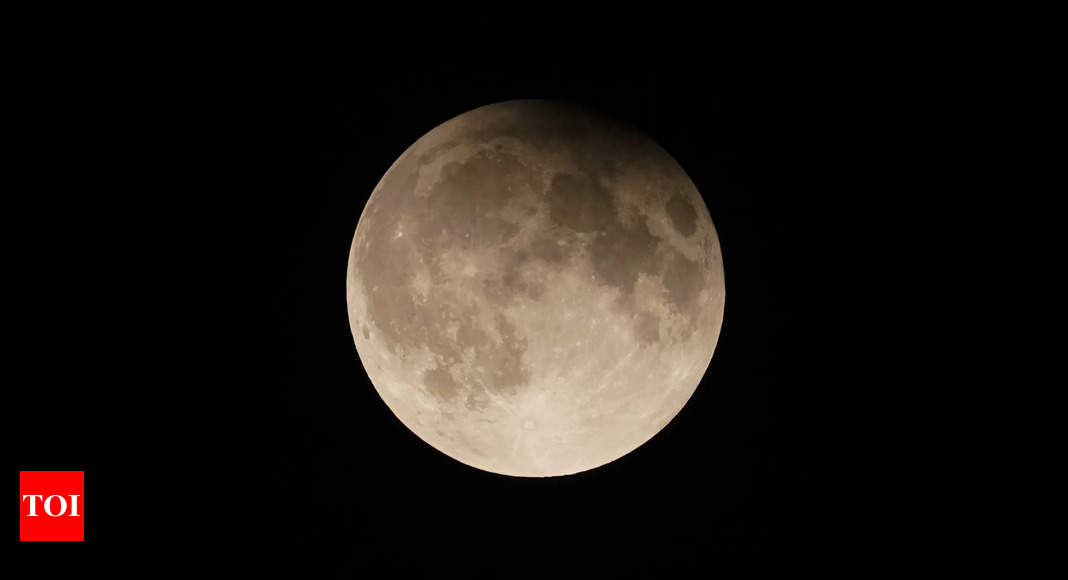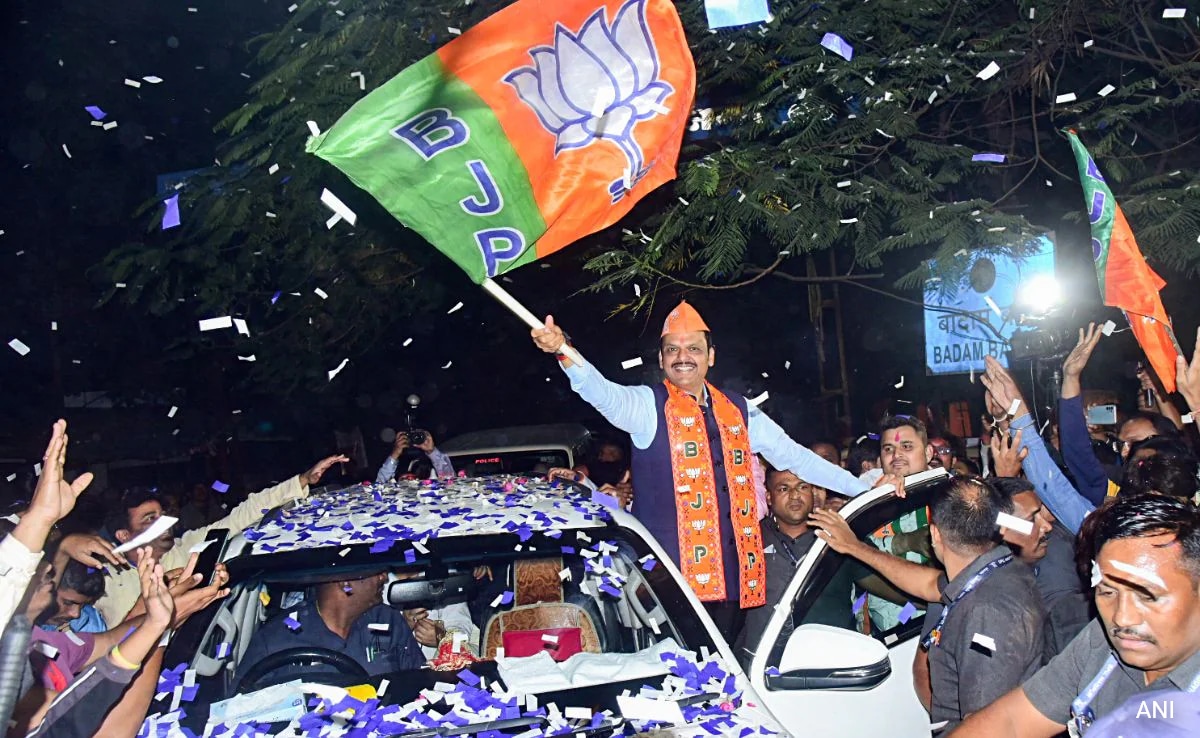
While Reed Hastings, co-founder and executive chairman of Netflix, did make a substantial donation, the company has clarified that it did not contribute any funds to Harris’s election efforts.
The misinformation began circulating online on August 2, 2024, with a viral Facebook post claiming, “Netflix just donated $7 million to Kamala, BYE BYE Netflix! Cancel your subscription today.”
Similar messages quickly spread across platforms like X, TikTok, Instagram, and even in Spanish-language posts following President Joe Biden’s withdrawal from the 2024 race and his endorsement of Harris.
Clarification from Netflix
In response to the claims, a Netflix said, as quoted by AFP on August 1, 2024, “This is a personal donation from Reed [Hastings] and has no connection to Netflix.” The company emphasized that it has not made any financial contributions to Harris’s campaign. The Federal Election Commission (FEC) confirms that corporate donations to federal campaigns are illegal, although corporations may create political action committees (PACs) to support candidates indirectly.
The source of the donation
Hastings, known as a significant donor to the Democratic Party, personally gave $7 million to a PAC supporting Harris’s presidential bid. According to a July 2024 report from The Information, Hastings stated that this was his largest donation ever to a single candidate. This money was channeled to a super PAC, which can accept unlimited contributions, rather than directly to Harris’s campaign.
Andrew Mayersohn, a researcher at OpenSecrets, a nonprofit that monitors political spending, explained that direct contributions to presidential candidates are capped at $3,300 per election, or $6,600 for both primary and general elections. Larger donations are typically directed to PACs, which have different regulations.
Fact-checking the claims
Despite the viral posts, other fact-checking organizations have confirmed that Hastings’ donation was directed to a super PAC named Republican Accountability PAC and not directly to Harris’s campaign.
Anne Zald, an expert in government regulation, stated that the Federal Election Campaign Act of 1972 strictly prohibits corporations and unions from making direct campaign contributions, a rule implemented amid concerns from the Watergate scandal and has been amended over the years.









